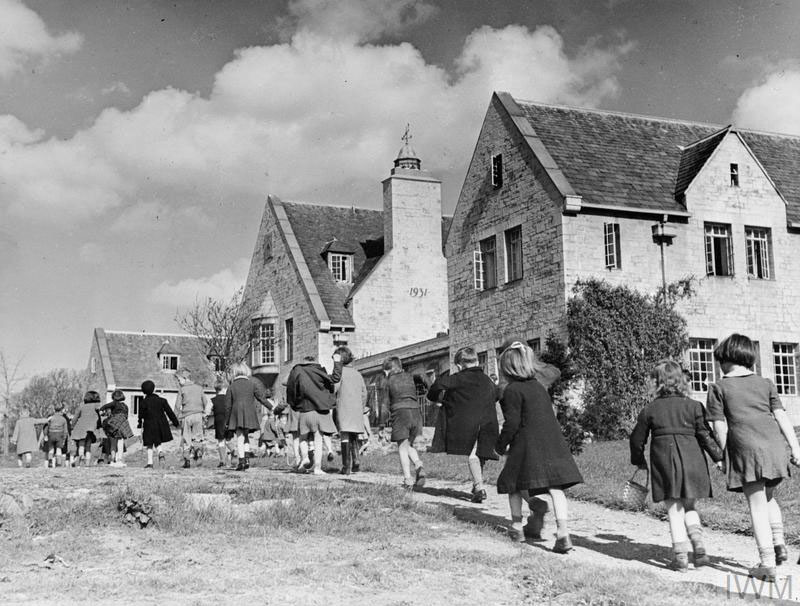Operation Pied Piper is a project set up and run by educational charity digital:works.
In 2019 we ran this project to mark the 80th anniversary of the start of Operation Pied Piper. The project focussed on the experiences of the children who were evacuated from London during WW2. As an oral history, this project has captured the memories of those school-aged children who left the capital.
Working with two local archives, the Imperial War Museum, two schools, older people’s organisations and two refugees groups and historians, we trained 90 primary school children and 4 volunteers in heritage research skills, oral history interviewing and recording skills.
In total the project recorded 24 in-depth oral history interviews with Londoners who were evacuated from the capital during World War Two.
These full interviews have been given to the two local archives we are working with at Kensington & Chelsea and Wandsworth.
The interviews have been edited to make a documentary film that was shown at a big launch screening at the British Film Insititute in London's South Bank.
If you would like to know more please contact Matthew Rosenberg on:
07949 107023
mat@digital-works.co.uk
This project is run by digital:works with the support of Imperial War Museum, Kensington & Chelsea Archives and Wandsworth Heritage Service.
We are grateful to the National Lottery Heritage Fund and Kensington & Chelsea's City Living, Local Life Fund for Golborne Ward for their financial support.

digital:works has been running oral history projects across London working with communities to explore the history of work and workers in the capital. Projects so far include printers on Fleet Street, bus workers, underground workers, black cab drivers, jewellers in Hatton Garden, tailors in Saville Row, the Thames Lightermen, Thames boatyards and more. Other projects explore the history of Battersea, North Kensington, Southall, Eel Pie Island, as well as some of London’s indoor and street markets. If you would like to see any of these wonderful films and find out more about digital:works please visit:
www.digital-works.co.uk.

Operation Pied Piper was the name of the plan designed to evacuate children from areas at risk from bombing and invasion.
On 31st August 1939, three days before war broke out, an evacuation order was given for the next day and what followed was a massive logistical operation to move people to areas of safety. In the following three days an estimated 1.5 million people were moved on trains, buses and boats.
The initial idea was to establish camps for children run by teachers but the government decided instead to use private homes as billets to host the evacuees. It was compulsory to receive evacuees and hosts would receive a weekly payment for taking children. Hosts were assessed on the basis of accommodation rather than suitability to look after children. It tended to be children from poor families who went to strangers as wealthier families were more likely to have friends and family in safe zones with whom their children could stay for the duration of the war. Evacuees also included young people aged 14-15 who became known as "Bevan boys and girls" who worked on the land and in coalmines.
Evacuation was not compulsory but there was a huge government public information campaign to encourage those within designated areas to move to safety. Families did not wish to separate but the desire to keep loved ones close was countered by a desire to keep them safe.
This project will explore the experiences of those who moved, leaving families behind, not knowing where they were going or when they would return. People we have spoken to recall feeling rejected by parents who were making the most painful of decisions. There was the intense pain of separation, and then moving to parts of the country that were very different culturally to London. People spoke of how they coped with new families and environments. The children could not be sure of the kind of reception they would receive from hosts who had been compelled to accept them. The “in it together war spirit” typified by Churchill’s speeches did not always reflect the complex situations people were experiencing. Many children had to work hard on farms, others found adventure in their new surroundings. Some did not receive much or any nurturing while others found loving homes. It really was a lottery. This was all compounded by families not knowing where children were going or when or even if they would see them again after the bombing began in London.